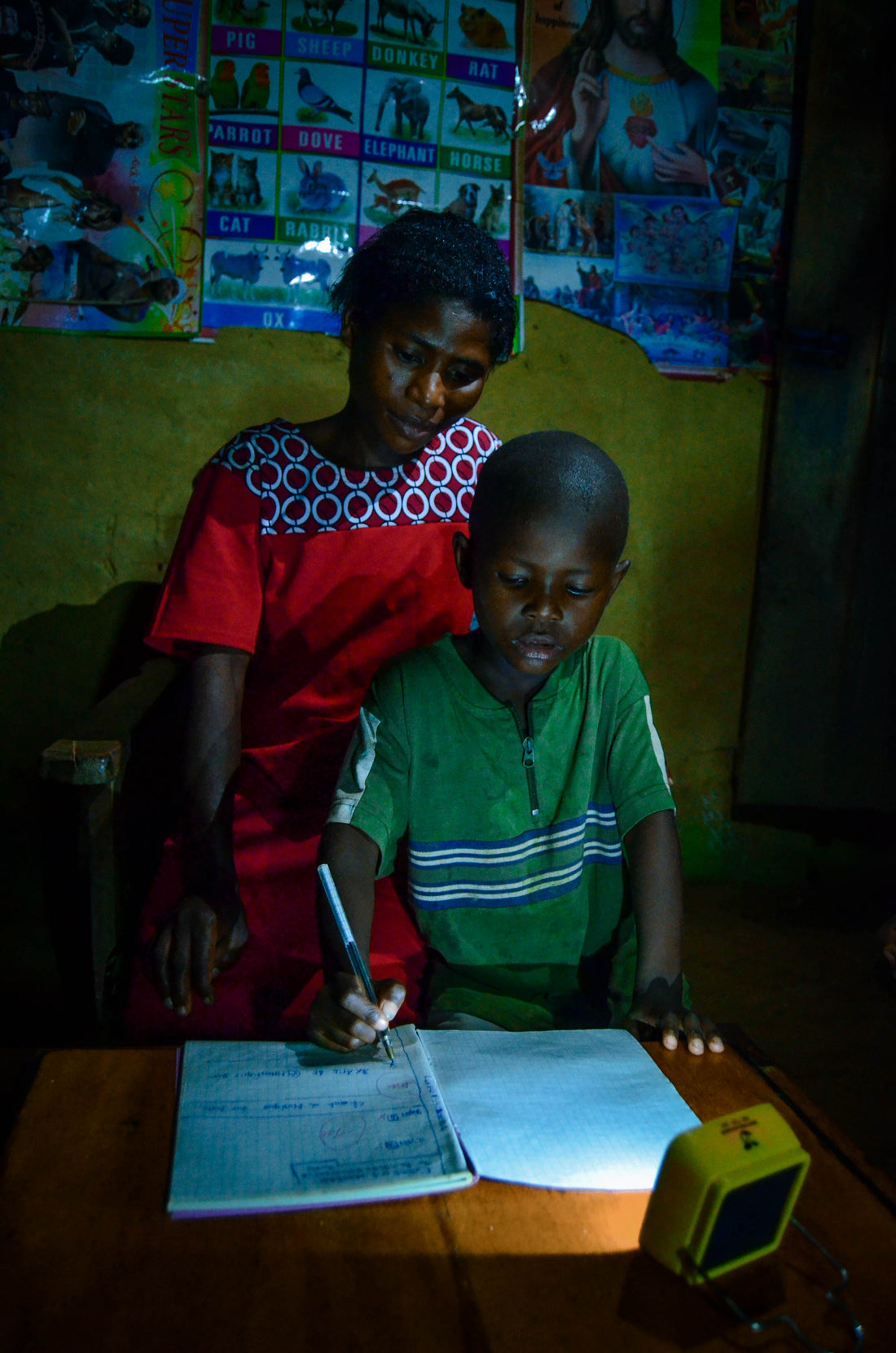The role of education in developing countries
Education is a type of learning in which information, abilities, and habits are passed down from one generation to another. It is essential for everyone; in fact, it is a basic requirement for every individual. Every girl or boy child should have the right to an excellent education to have a better life, including greater work possibilities and improved health. The role of education in emerging nations is critical, as a lack of education leads to poverty and insufficient economic progress, particularly in developing countries.
With that in mind, we're presenting you the research and the reasons why educating youngsters is vital. The advantages it provides to a developing nation and how it may change the future of the world.
Let's start with a quick summary answer, and then we'll dive into more detail.
A good primary education equips children and teenagers with the information and abilities to deal with everyday challenges and take advantage of economic and lifelong learning opportunities. It also plays a vital role in reducing poverty, wealth creation, gender equality, and social development.
The Definition:
Before jumping into details, we have to determine what educating means and how it helps an individual. Here, dictionary.com defines education as:- The act or process of imparting or acquiring general knowledge, developing the powers of reasoning and judgment, and generally preparing oneself or others intellectually for mature life.
- The result produced by instruction, training, or study.
- The science or art of teaching; pedagogics.
The process of aiding learning, or the development of information, skills, values, morals, beliefs, and habits, is referred to as education. The term "education" refers to both the act of instructing and the process of learning. It typically relates to the instruction of children or young people and the learning they do. Teaching, training, storytelling, conversation, and guided study are all examples of educational approaches.
'Education is the turning of the inner eye towards the light.'
IMPORTANCE OF EDUCATION IN DEVELOPING COUNTRIES
Education is the driving force behind national development and economic progress. It is especially crucial for societies that are in distress or are rebuilding. They are overly dependent on education and may significantly influence a country's development.Education offers children and teenagers stability, structure, and hope for the future, assisting them in overcoming trauma caused by war, tragedy, or conflict. A secure learning environment also reduces the risk of exploitation, kidnapping, and recruitment by militant organizations or organized crime for children and teens.
Individuals benefit from education since it boosts their self-esteem and expands their career and earnings prospects. And it helps a country's institutions, fosters long-term economic growth, eliminates poverty, and stimulates creativity.
A Major Concern
However, over 59 million children in developing nations lack access to primary education. Education quality is also a significant concern: even after four years of schooling, 250 million youngsters cannot speak correctly, write, or count.Many young people in developing nations who have not completed a quality education lack the basic and advanced abilities needed for employment and life.
BENEFITS OF BETTER EDUCATION TO A SOCIETY
The benefits of a better quality education system to the society areas:- Can cut poverty in half: Education equips students with skills that allow them to pursue higher-paying jobs. According to UNESCO, if all adults obtained a secondary education, poverty would be cut in half, benefiting 420 million people worldwide.
- Reduces child labor: An estimated 152 million youngsters work as child workers every day. Lack of access to education is one issue that contributes to child labor. Child labor frequently places youngsters in dangerous working circumstances at a young age to support their families.
- Better employment opportunity: Finding work is difficult, especially during economic downturns. For a vacant post, you may have to compete against hundreds of other candidates. If you have the proper skills and educational background, you will enhance your chances of getting a rewarding career.
- Improves economy: Education helps countries thrive economically because it is about acquiring information and using it intelligently in our lives while also improving the lives of others. Productivity rises, average income rises, and unemployment fall when a whole society is educated. This contributes to a society's overall economic progress and stability.
- Giving back to society: People who grew up poor but educated themselves have an excellent probability of changing their lives and reducing poverty rates in the community. They are more probable to participate in projects that benefit their neighborhood and society as a whole.
- Improving world health: STDs like HIV and AIDS might be reduced if everyone had access to education. Sex education and health services can significantly minimize STD incidence and enhance global health, particularly in developing nations.
- Reduces instability and corruption: According to the Global Partnership for Education, 36 percent of the world's uneducated children live in war zones. This lack of opportunity jeopardizes their capacity to obtain work once the war is over. Education fosters stable, peaceful communities capable of progress.
- Empower Females: The advantages of female education extend beyond motherhood. When women have access to education, they can create money. Their families are healthier, have fewer children, and marry later in life, therefore avoiding child marriages.
PROBLEMS IN EDUCATING PEOPLE
Poor children confront several hurdles to obtaining an education. Some are overt, such as not having access to a school, while others are more subtle. For example, the instructor at the school may not have had the necessary training to assist students in learning correctly.- Families do not have access to computers or books: Disadvantaged families struggle to make ends meet; they no longer consider purchasing a book. As a result, youngsters are deprived of the opportunity to read books or use computers.
- Children have to work from a young age: Poverty-stricken families in underdeveloped nations cannot afford to send their children to school. As a result, children are obliged to work to support their families.
- Hunger and poor nutrition: Hunger's influence on education systems is grossly underreported. Being extremely malnourished to the extent of impairing brain development can be equivalent to dropping four grades in school. Around 155 million kids under the age of five are stunted.
- Lack of more facilities: Despite the desire to attend school, some communities lack a local school. Some students cannot attend school due to distance, and others do not have enough money to rent an apartment. These locations are generally in the countryside, where residences are miles apart.
BROTHERS4CHANGE
Brothers4change is an online retailer that is also trying to play its role for the betterment of society. We donate a part of each sale for the development of the education system in developing countries. We contribute because it is our philanthropic decision, and we both have a strong desire to give back to the world as brothers. We wish to empower individuals and feel the power of giving in return.
We use 10% of all our profits to make education a cause where we feel we can make an impact and where much help is needed more accessible. As a result, we strongly urge that you create an account at brothers4change, where you may explore over 40,000 carefully selected goods for sale. And where you can make a difference with each and every purchase.
